Scientific name of Globe Artichoke is Cynara scolymus. It is a popular plant which is grown for its edible globular flower buds that is used as a vegetable. Globe artichokes are known by different names in different parts of the world. It is called “Sharifa” or “Shalifa” in Hindi.
Two types of cultivars are available in the market: Traditional cultivars or cultivars that are propagated by vegetative propagation and seed cultivars or cultivars that are propagated by seeds.
Nutrition in Globe Artichokes: Globe artichokes are highly nutritious vegetables and are commonly prescribed for the treatment of various cardiac diseases, liver problems and other stomach related ailments. According to USDA, 100g serving of raw, globe artichoke contains the following nutrient composition:
Water-84.94 g; Energy-47 kcal; Protein-3.27 g; Total lipid (fat)-0.15 g; Carbohydrate, by difference-10.51 g; Fiber, total dietary-5.4 g; Sugars-0.99 g; Calcium-44 mg; Iron-1.28 mg; Magnesium-60 mg; Phosphorus-90 mg; Potassium-370 mg; Sodium-94 mg; Zinc-0.49 mg; Vitamin C, total ascorbic acid-11.7 mg; Thiamin-0.072 mg; Riboflavin-0.066 mg; Niacin-1.046 mg; Vitamin B-6-0.116 mg; Folate, DFE-68 µg; Vitamin A-13 IU; Vitamin E (alpha-tocopherol)-0.19 mg; Vitamin K (phylloquinone)-14.8 µg; Fatty acids, total saturated-0.036 g; Fatty acids, total monounsaturated-0.005 g and Fatty acids, total polyunsaturated-0.064 g
We have a book with detailed information on this plant and for more info, please click here…
Both kindle eBook version and Paperback version of this plant is available at all Amazon stores. For more info, click here…
Similarly, 100 grams of cooked/boiled globe artichokes (cooked without salt and drained) contains the following nutrients.
Water-84.08 g; Energy-53 kcal; Protein-2.89 g; Total lipid (fat)-0.34 g; Carbohydrate-11.95 g; Fiber, total dietary-5.7 g; Sugars-0.99 g; Calcium-21 mg; Iron-0.61 mg; Magnesium-42 mg; Phosphorus-73 mg; Potassium-286 mg; Sodium-60 mg; Zinc-0.4 mg; Vitamin C-7.4 mg; Thiamin-0.05 mg; Riboflavin-0.089 mg; Niacin-1.11 mg; Vitamin B-6-0.081 mg; Folate-89 µg; Vitamin A-13 IU; Vitamin E (alpha-tocopherol)-0.19 mg; Vitamin K (phylloquinone)-14.8 µg; Fatty acids, total saturated-0.079 g; Fatty acids, total monounsaturated-0.011 g and Fatty acids, total polyunsaturated-0.145 g
Medicinal Uses of Artichokes: Cynarin extracted from globe artichokes increases bile flow, i.e. it acts as a diuretic which aids in digestion. It also strengthens liver function and gall bladder function. It also reduces cholesterol levels. It contains bioactive agents namely, apigenin and luteolin which help in reducing gallstones, and liver diseases. Artichokes are also useful for curing digestive problems like loss of appetite, indigestion, abdominal pain, bloating, nausea, constipation and flatulence, irritable bowel syndrome, jaundice, hepatitis, swelling from fluid retention and urinary stones, and rheumatism. It helps rid the body of toxins, and excess water weight.
We regularly publish informative videos on various “Food, Agriculture, Gardening and Horticulture” topics. You may view these videos here…
You may also check out our Digital Publishing Services for Food, Agriculture, Gardening and Horticulture Sector by visiting this link


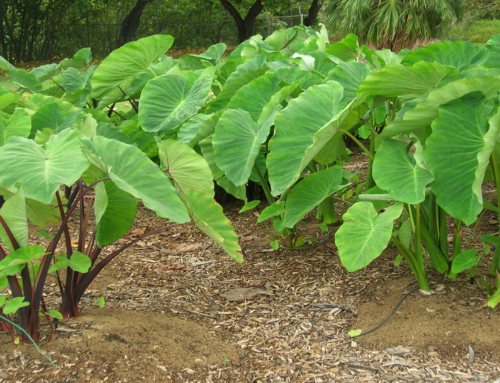
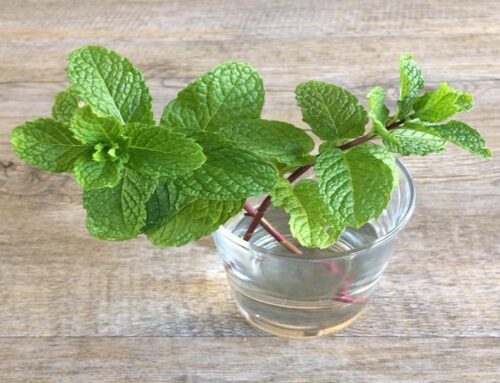
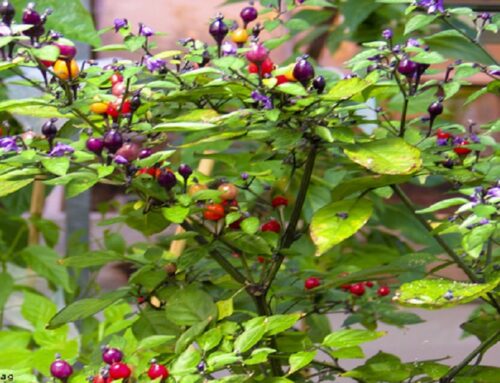
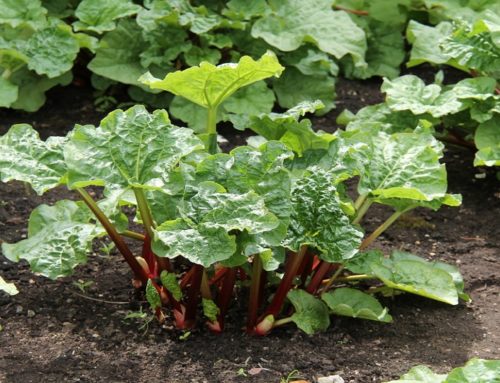
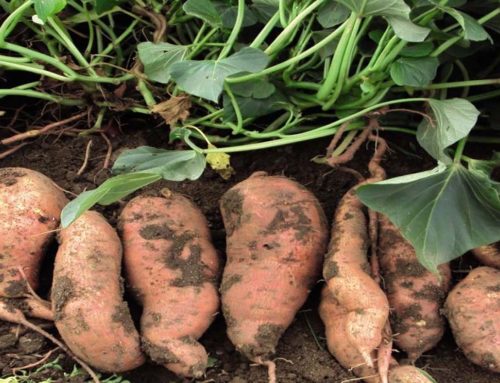
Leave A Comment
You must be logged in to post a comment.